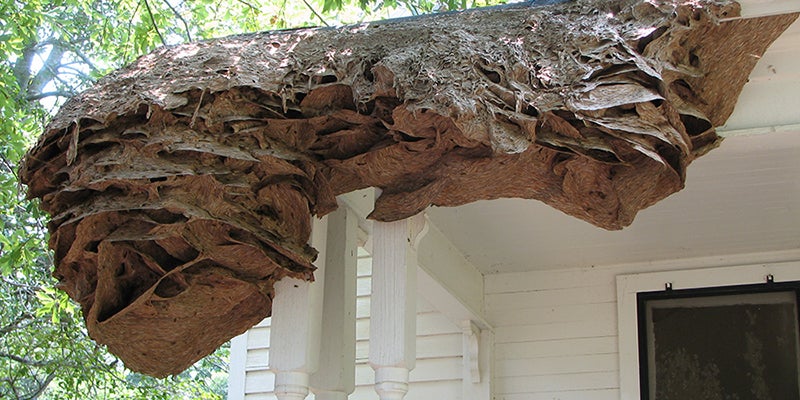It’s allergy season
Published 6:21 pm Monday, February 21, 2011
With allergy season on the horizon, many people are preparing for all the sneezes and sniffles the season typically brings. For longtime allergy sufferers, the season is one they’d prefer to avoid. However, there are several ways to prepare for allergy season and ensure there’s more time spent having fun in the spring sun than fending off pesky allergies.
- Take spring cleaning seriously. Much like allergy season, spring cleaning is a springtime rite of passage for millions of families across the country. When spring cleaning, be sure to do more than just remove a winter’s worth of clutter. Molds are dormant during the winter, but often emerge at the first sign of spring. To avoid succumbing to any dust- or mold-related allergies, clean the house top to bottom, removing any dust that might have settled and solving any issues with mold that might have developed over the winter months.
- Emphasize crisp and clean air inside the home. Who can the blame the family who wants to open the windows and let that refreshing spring air come pouring in? Unfortunately, that air is typically accompanied by harmful allergens that can trigger an allergy or exacerbate one that’s already arrived.
While it might be impossible to stop allergens from entering the home entirely, it’s not impossible to fight them off once they do come in. Employing electrolyzed water technology removes 99.97 percent of airborne particles and allergens while simultaneously suppressing airborne bacteria and germs and eliminating unpleasant odors in the home. With crisper, cleaner air in the home, families are far less likely to succumb to spring allergies.
- Circulate indoor air. Even if a home’s windows are open, it’s possible for indoor air to stagnate on a lazy spring day. If air is stagnant, allergens can settle in and eventually aggravate an existing allergy.
- Get to the doctor early. Visit the doctor before the arrival of pollen and mold season. Doctors typically suggest anything from prescription nasal sprays to non-drowsy antihistamines. Regardless of what’s prescribed or suggested, it’s ideal to start allergy medications 1-2 weeks before the arrival of allergy season.
F



